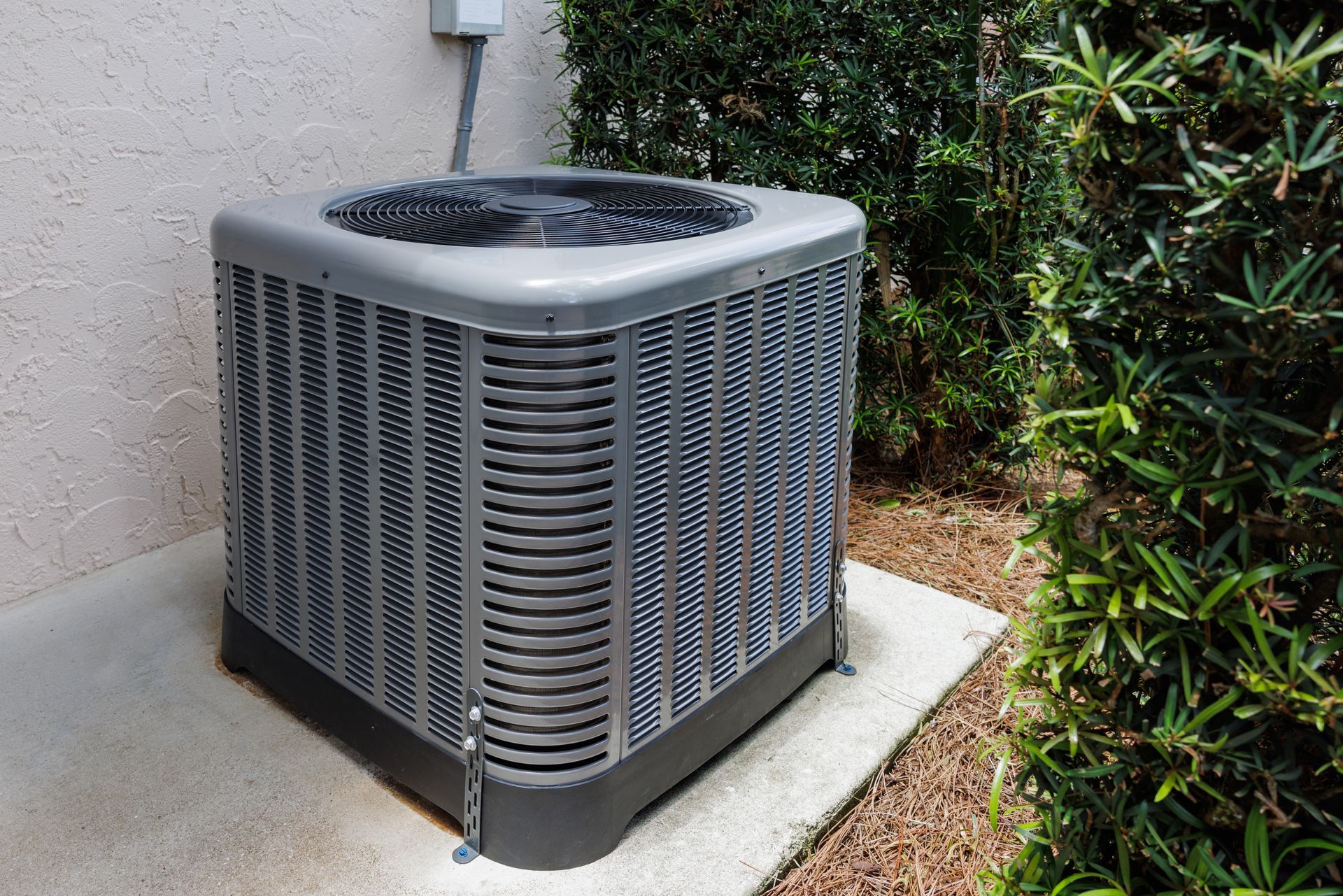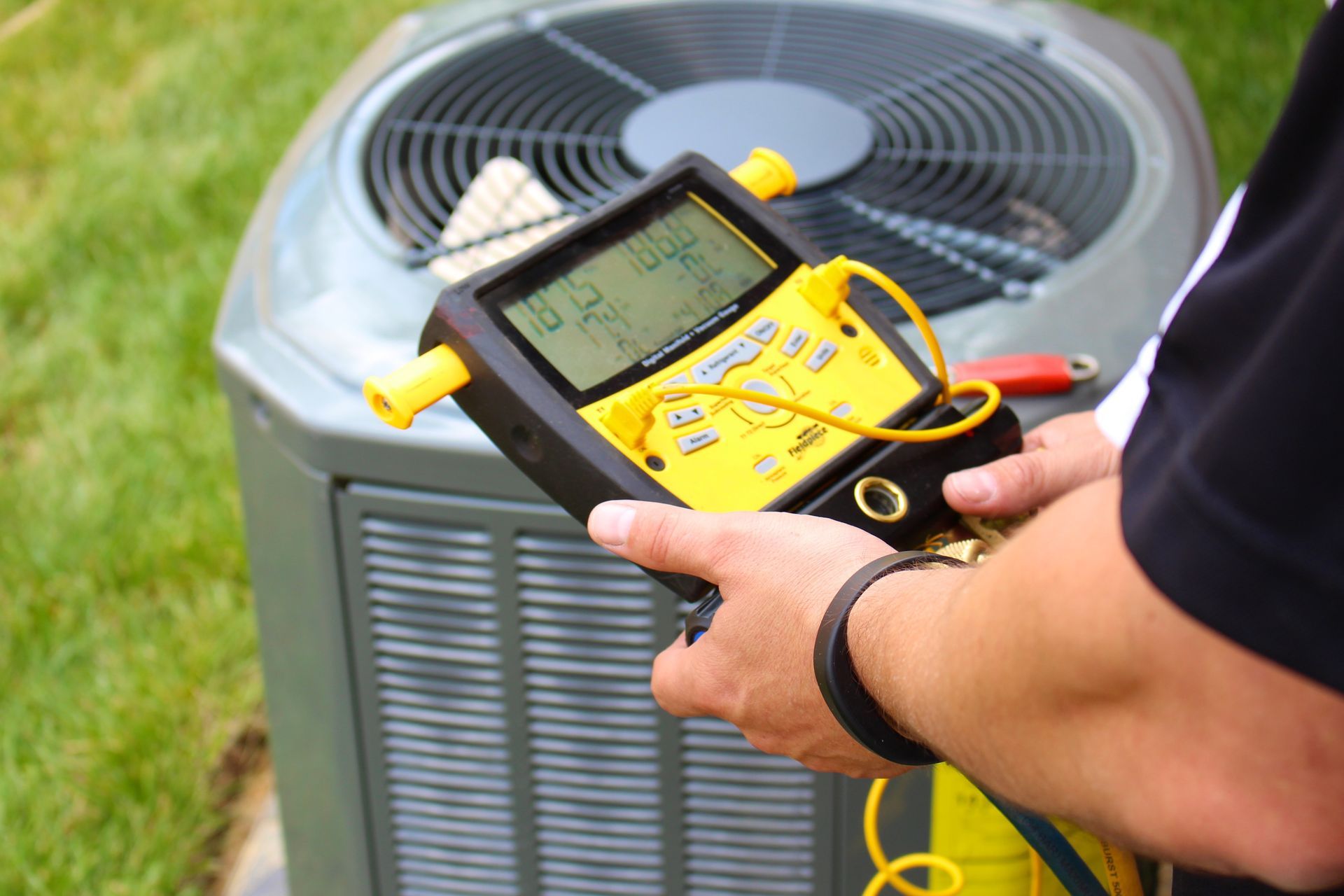Preparing Your HVAC System for Extreme Weather: Essential Tips for Protection
Extreme weather conditions—whether scorching heat waves, freezing cold snaps, or severe storms—can strain even the most robust HVAC systems. Preparing your system to handle these conditions ensures continued comfort and prevents unexpected breakdowns and costly repairs. Here’s how you can protect your HVAC system during extreme weather events.
For Heat Waves
1. Service Your System Early
Before the peak temperatures hit, have a professional HVAC technician perform a thorough inspection and maintenance check. This service should include cleaning the coils, checking the refrigerant levels, inspecting the fan and motor, and ensuring the thermostat functions correctly.
2. Improve Insulation and Seal Leaks
Ensuring that your home is well-insulated and free from air leaks can significantly reduce the workload on your air conditioning unit. Check for and seal leaks around doors, windows, and other areas where air might escape. This will help keep the cool air in and the hot air out.
3. Install Window Treatments
Use blinds, curtains, or shades to block the sun’s heat during the day. This simple step can lower the temperature inside your home, easing the demand on your AC unit.
4. Adjust Your Thermostat
Setting your thermostat to a higher, yet comfortable temperature can prevent your system from overworking during a heat wave. Consider a programmable thermostat that adjusts the temperature automatically when you’re not home.
For Cold Snaps
1. Check the Heating Components
Ensure that your heating system components, including the furnace or heat pump, are in good working order. Replace filters, and check the heating elements and ignition system, as these areas can degrade over time.
2. Keep Vents Clear
To maintain good air circulation and even heating throughout the house, keep all air vents and registers clear of furniture, rugs, and drapes.
3. Protect Exposed Pipes
To prevent freezing and potential bursting of pipes, insulate those exposed to severe cold, especially in unheated areas of your home like basements and garages.
4. Emergency Heating Plans
In case your system goes out, backup heating options are available, such as space heaters (used safely with precautions). Also, ensure your home has adequate supplies and blankets for added warmth.
For Storms
1. Secure Outdoor Units
High winds and flying debris can damage outdoor air conditioning or heating units. To shield these units from the elements, secure them with hurricane straps or a protective cage.
2. Elevate Equipment
If you live in an area prone to flooding, consider elevating your HVAC components to avoid water damage. This includes both outdoor units and any indoor equipment that might be susceptible to flooding.
3. Use Surge Protectors
Power surges during storms can damage your HVAC system. Installing a whole-house surge protector can help prevent costly electrical damage to your system.
4. Clear Drainage
Ensure that your HVAC’s drainage system is clear of any debris before a storm hits. This will help prevent backups and potential water damage to the system.
Conclusion
Preparing your HVAC system for extreme weather conditions is crucial for maintaining a comfortable and safe home environment. Taking proactive steps before weather events can save you from the discomfort and expenses of system failures. Regular maintenance, combined with specific preparations for heat, cold, and storms, will help ensure that your system is ready to face whatever weather comes your way.

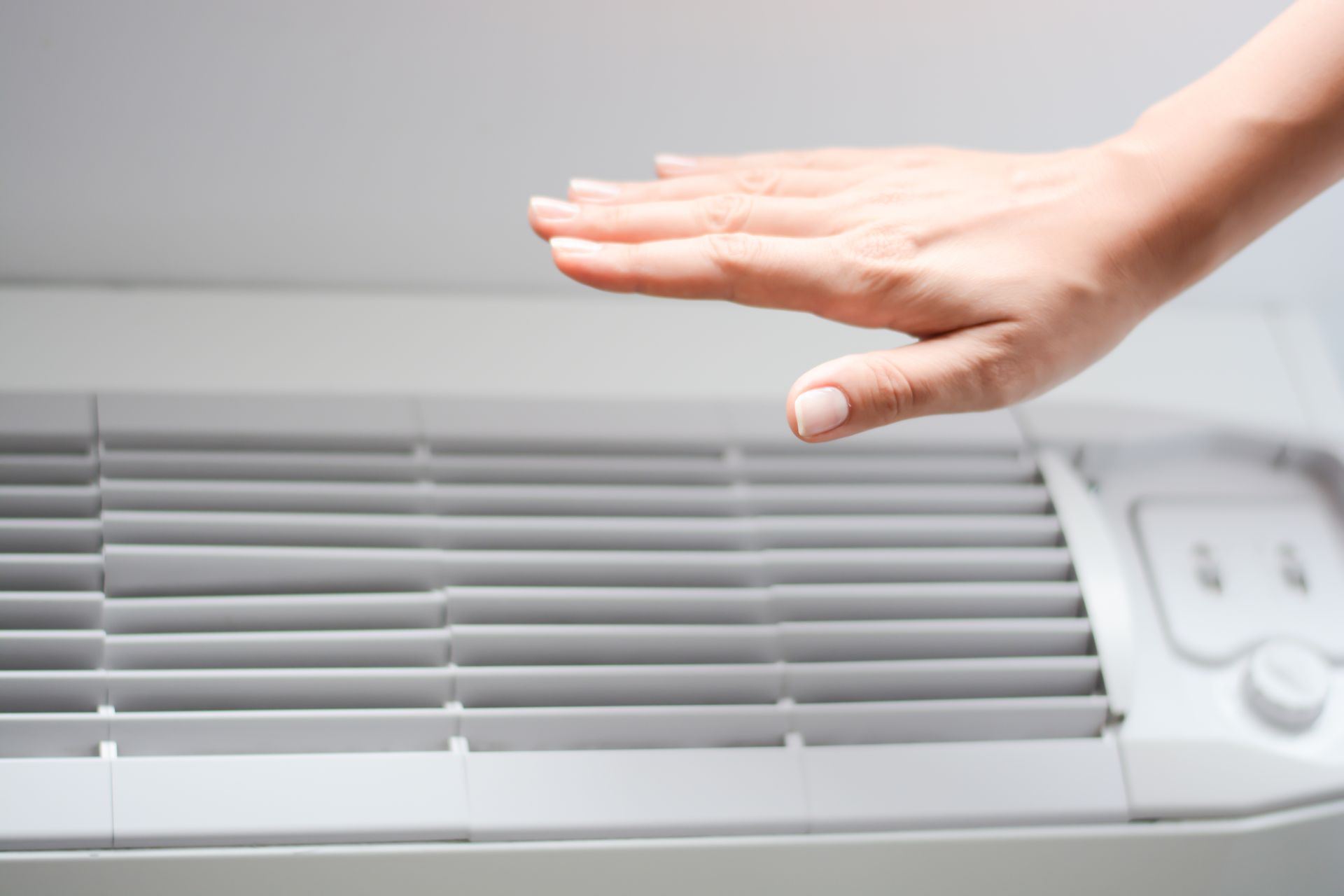
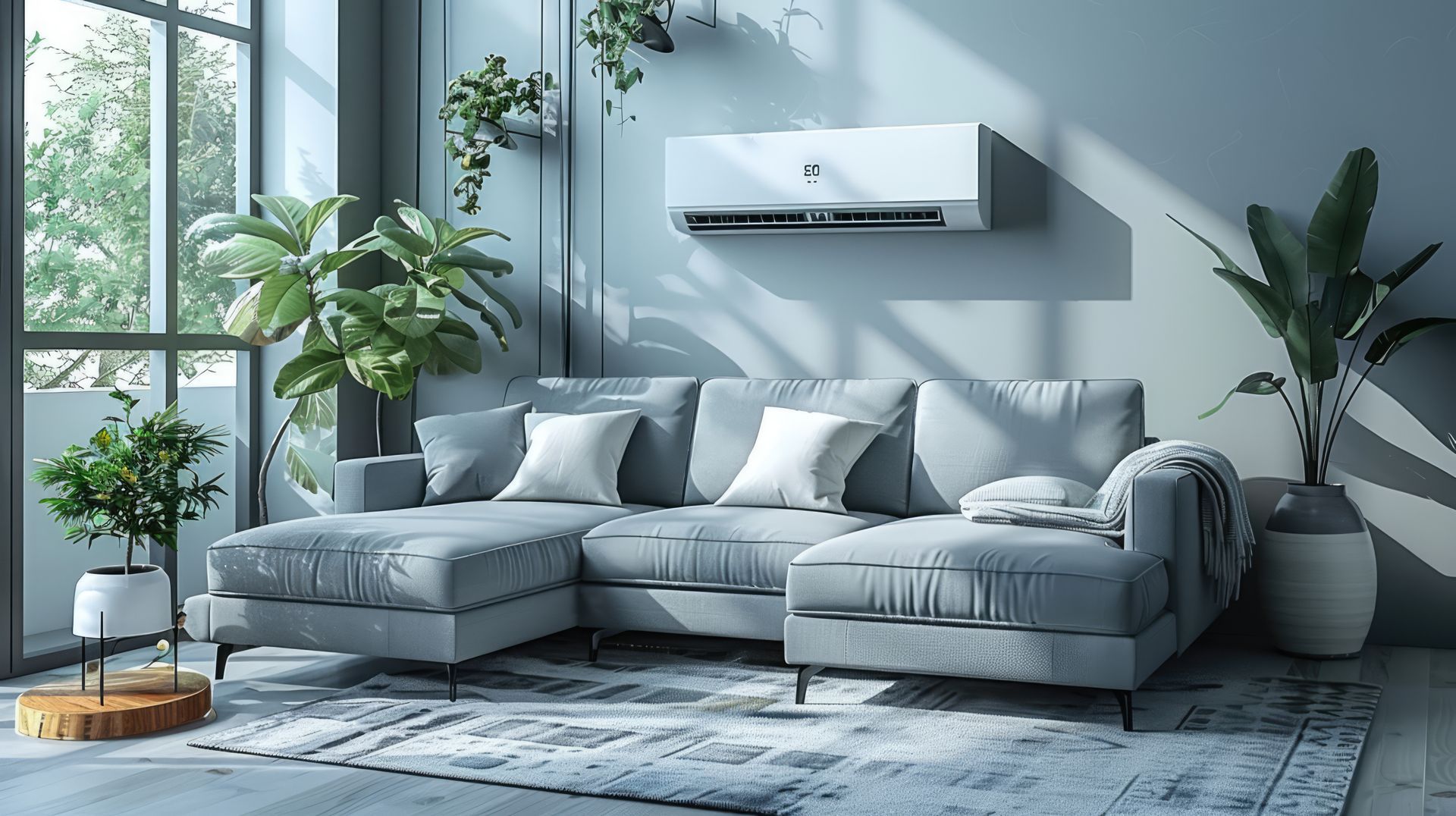
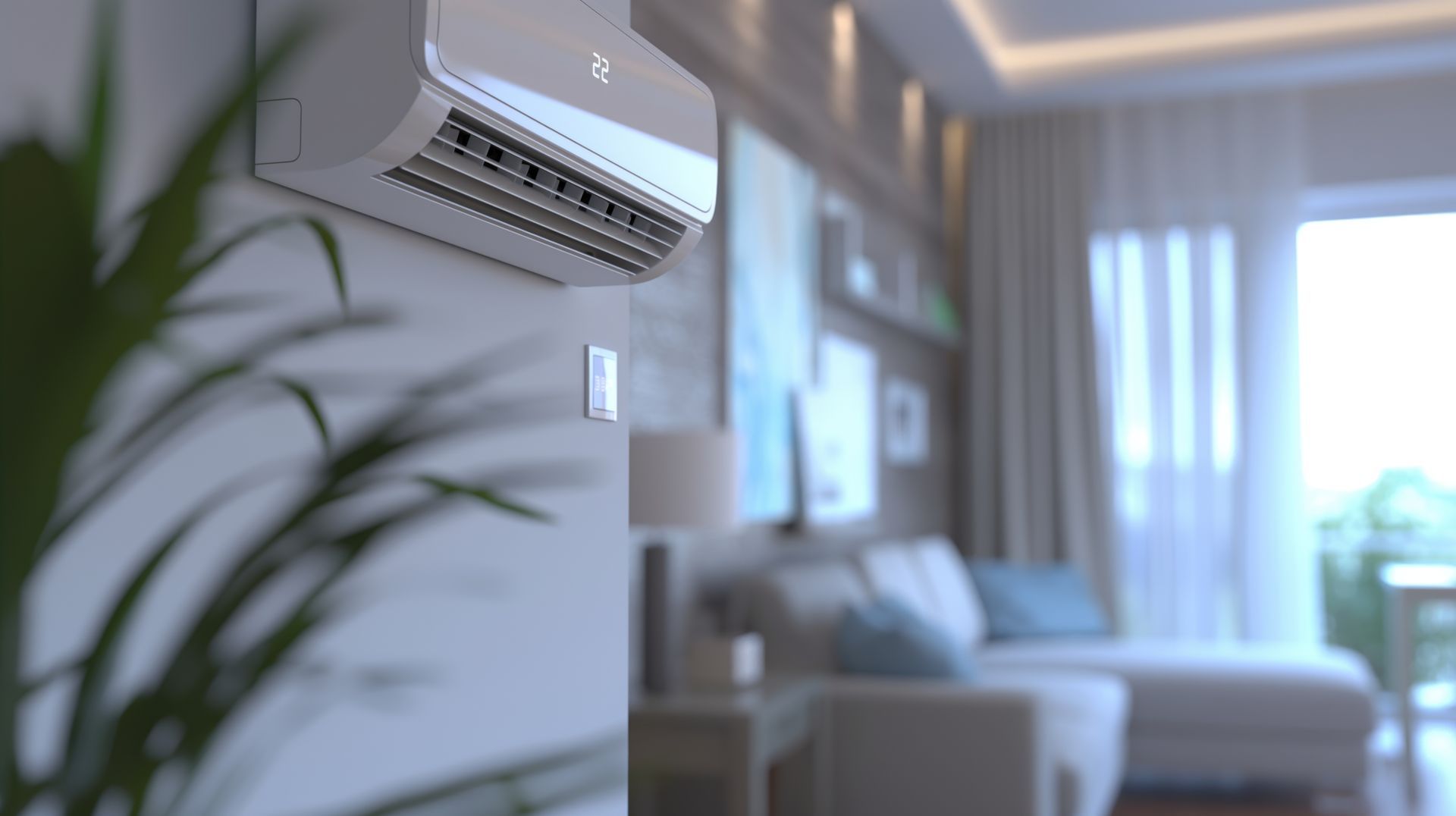
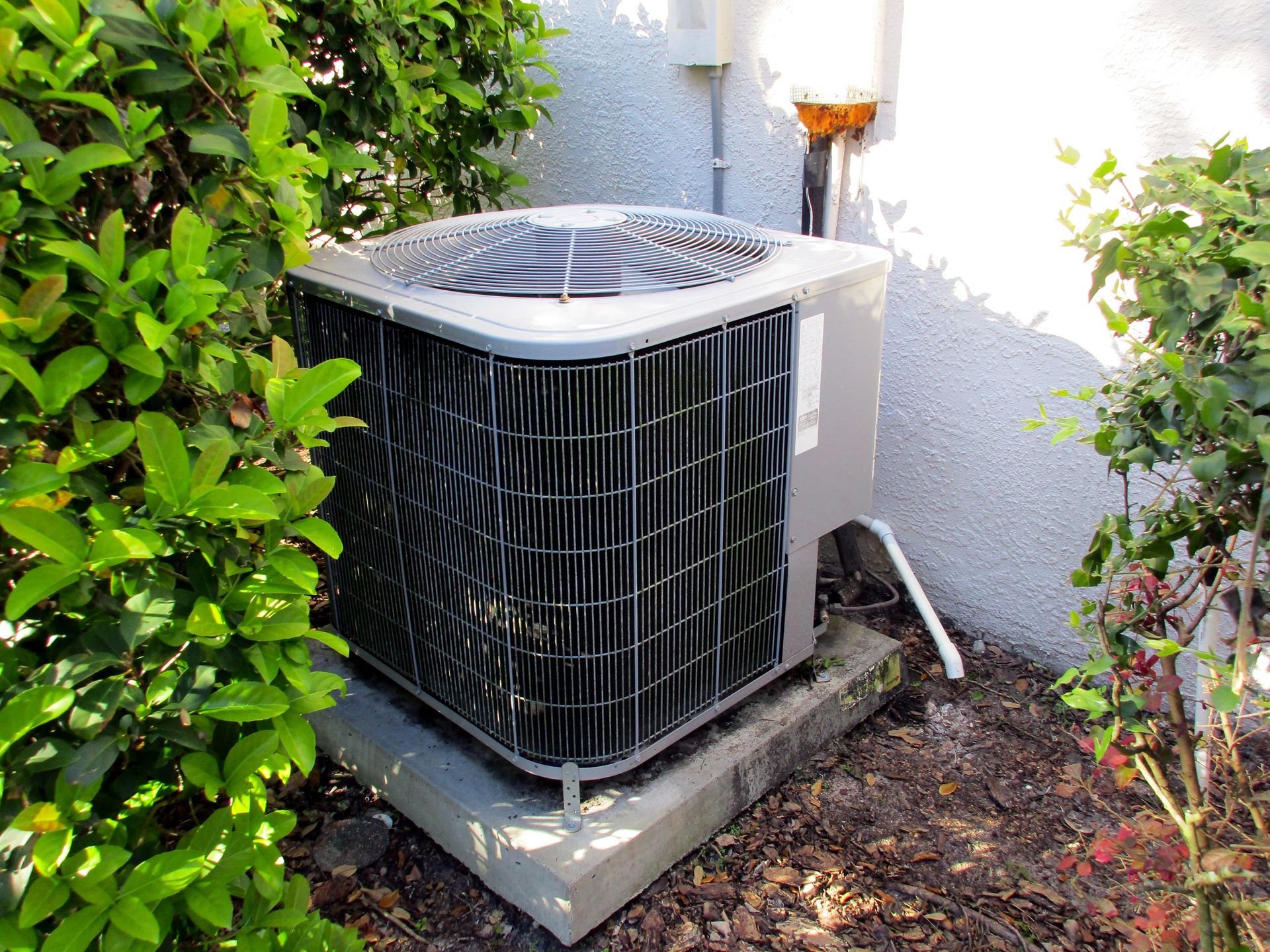
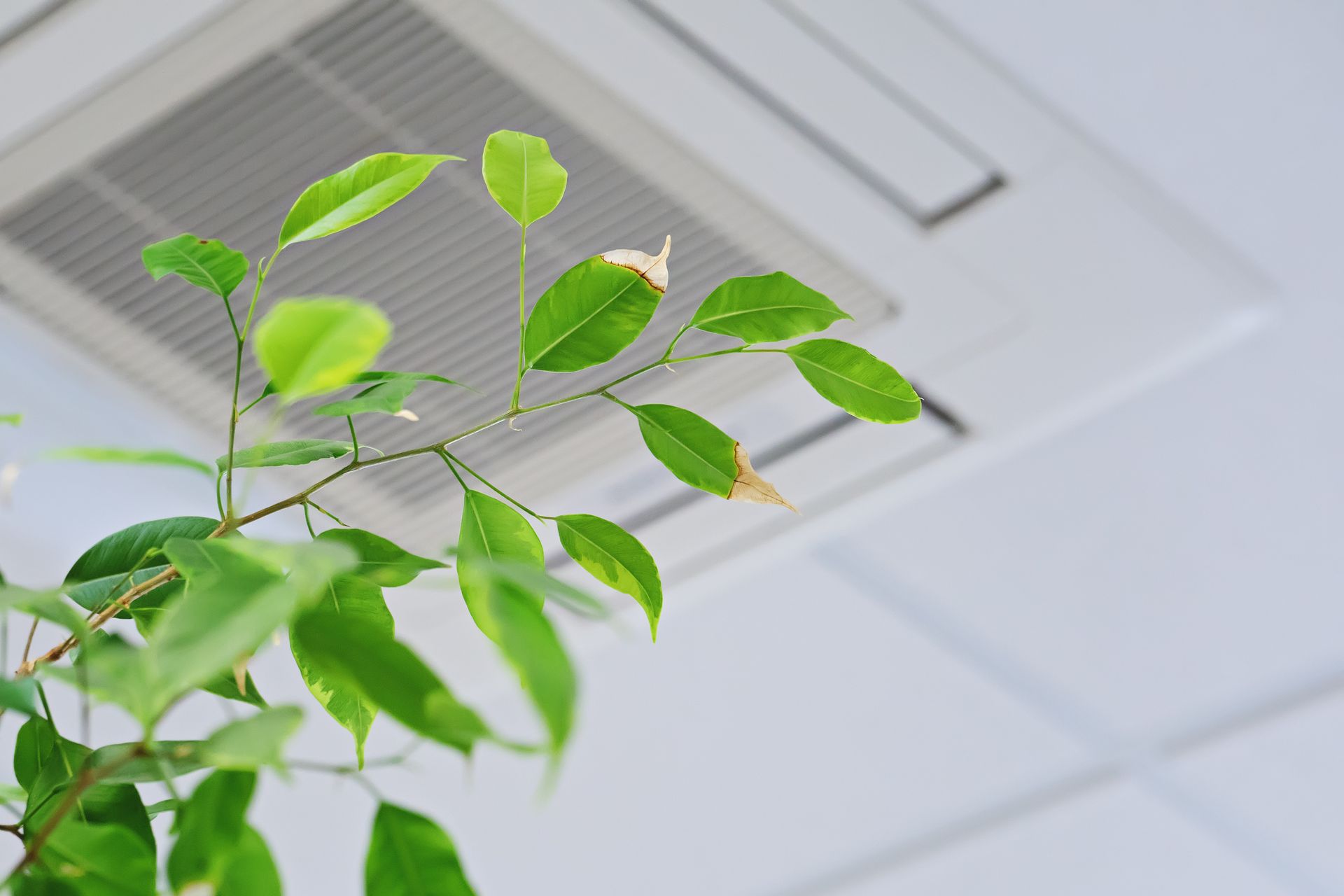
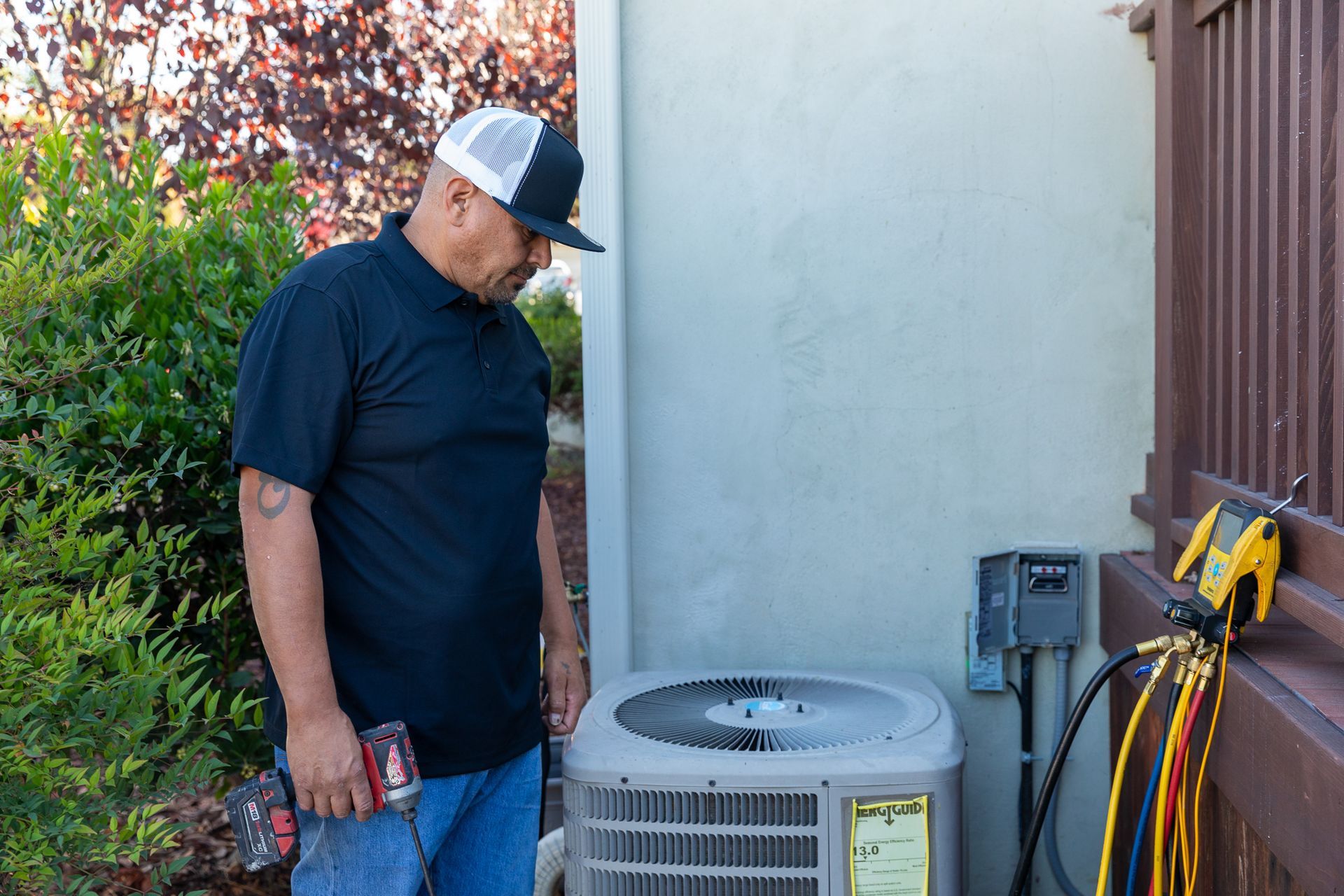
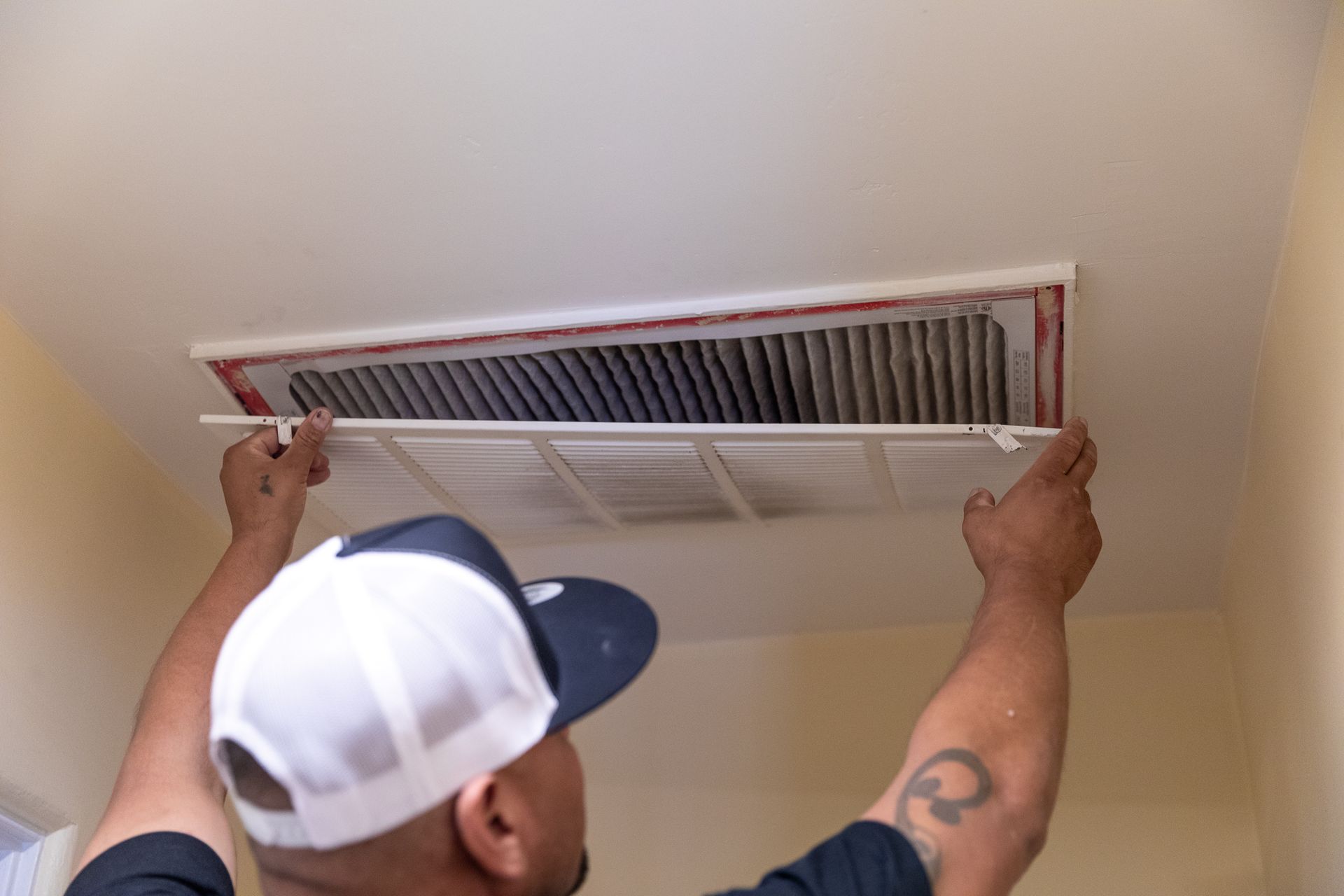
© 2023 AireCare Heating and Air. All rights reserved. Privacy Policy.

